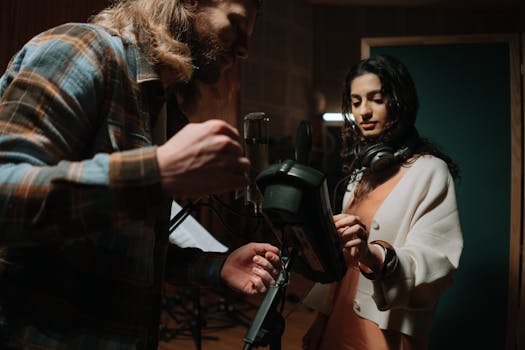You could do a foundation degree or degree in:
- sound engineering and production
- audio engineering
- music production
- electrical and electronics engineering
Entry requirements
You'll usually need:
- at least 1 A level, or equivalent, for a foundation degree
- 2 to 3 A levels, or equivalent, for a degree




